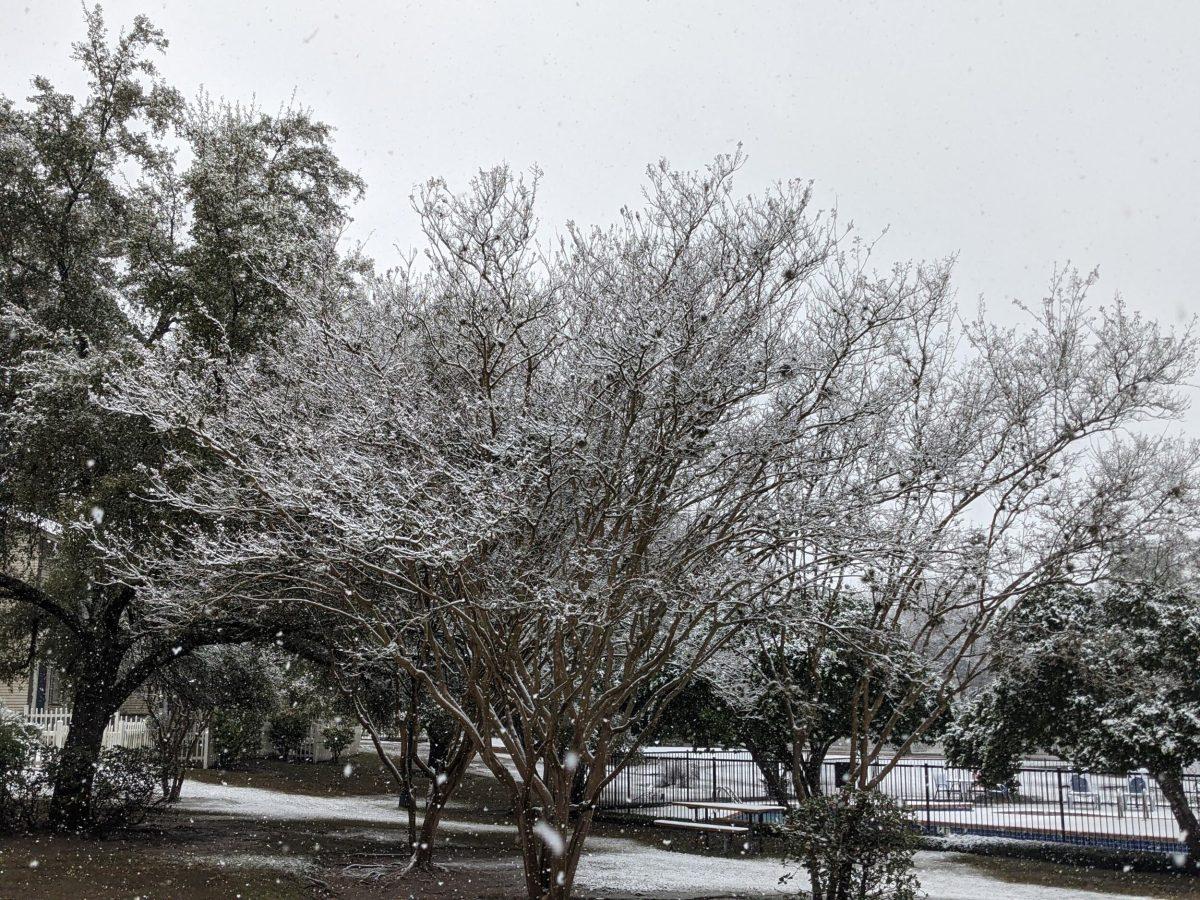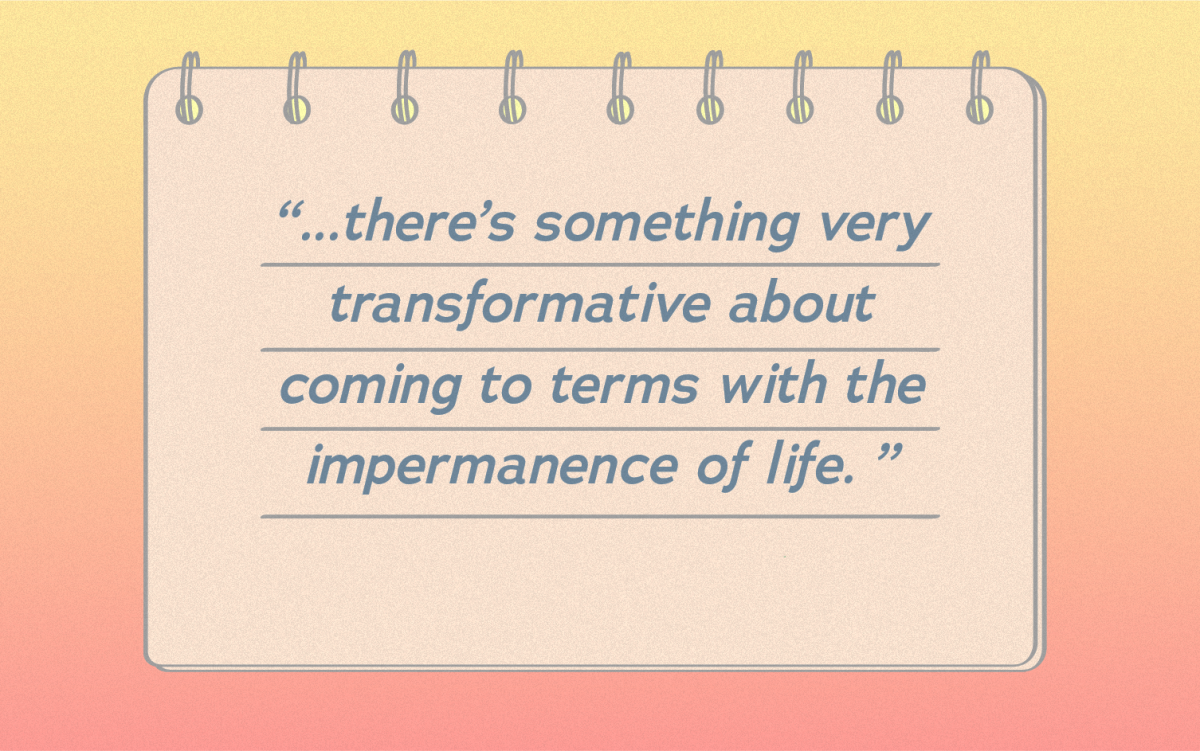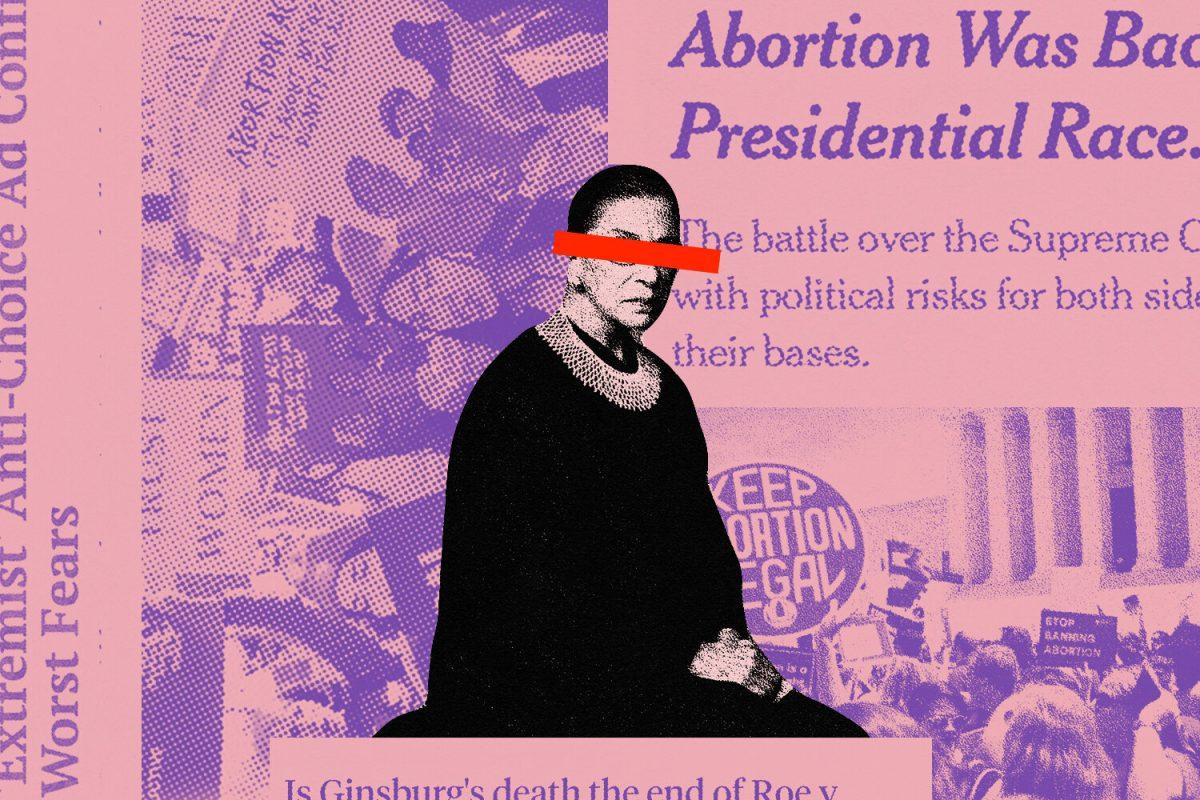By Frances Bello
When you pick up the dystopia novel, Brave New World, it may surprise you to know that Aldous Huxley wrote it more than 80 years ago. Yep. Before World War II. Before the Holocaust. Even before television became a staple in every home. However, the words and ideals of his book translate easily to modern day. He talked about contraception before the pill was approved by the FDA, referenced cloning before it was even imagined. The drug revolution and promiscuity of the ’60s were all a part of a world he created before it ever happened. This novel truly reflects our past present future more then Huxley could have ever dreamed.
The novel takes place in London more than 600 years after the mass production of the 1920s. It is a world where you are ranked by the station you occupy by creation in a lab, not by birth or job. Your destiny is chosen for you while you are still in a test tube. You work a job fit to your level and spent your free time engaging in sexual relations with multiple partners and taking “mini vacations” on the drug suma. It’s a world without mother or fathers, love or hate. It’s a world where fun is mandatory and everyone is blissfully happy.
Bernard, an Alpha Plus (the highest rank created), is less than happy with the world he inhabits. He refuses to take the recommended dose of suma and pines after one woman, the beautiful Beta, Lenina. When he convinces her to take a vacation with him to Utah to visit the Indian reservations (where the “savages” live), they meet John, a man born and raised in the reservation after his mother was left behind during a visit. After returning to London with John and his mother, Bernard finally gets the recognition he feels he deserves. However, as John’s fascination with the city turns to hatred, it becomes clear he won’t stay the quiet observer for long.
Despite the Brave New World focusing on Bernard during the first half, it becomes clear John is the main character. As readers, we feel and relate to him more than any other character and it is obvious Huxley meant it that way. It is not that John is without flaws. In fact, out of all the characters he is the one with the most flaws, but that is what makes him so relatable: he is human. Even characters like Bernard, who are different from the majority of the population, still wish to be part of the society, something John has no interest in. In this character, Huxley has created everyone of us, and even himself.
As he discusses in Brave New World: Revisited, Huxley never meant for his prophecies to come true. If anything, Brave New World was written as a warning against the growing consumer culture of the 1920s and ’30s. But Huxley could see many of those prophecies coming true as early as the 1950s. He even ventured to say, “I feel a good deal less optimistic than I when I was writing Brave New World.” I shutter to think of how he would feel about our society today.
The book itself starts off slow, however this seems necessary to introduce the world Huxley has created. Once John is introduced, it quickly picks up pace and the last few chapters make it impossible to put down. The writing is fluid for the most part, but the beginning is hard to grasp as we are thrust into a world we simply know nothing about. Huxley also uses words and phrases that we don’t understand until later on, sometimes even as John is learning them. However, if you can get past the first few chapters, the world becomes a lot clearer.
Be forewarned this book, like many set in a dystopian future (1984 for example) does not have a happy ending. But if you are looking for a book that will make you think long after you are finished, I highly recommend it. As John explains, “the right to be unhappy” makes real happiness possible.











































